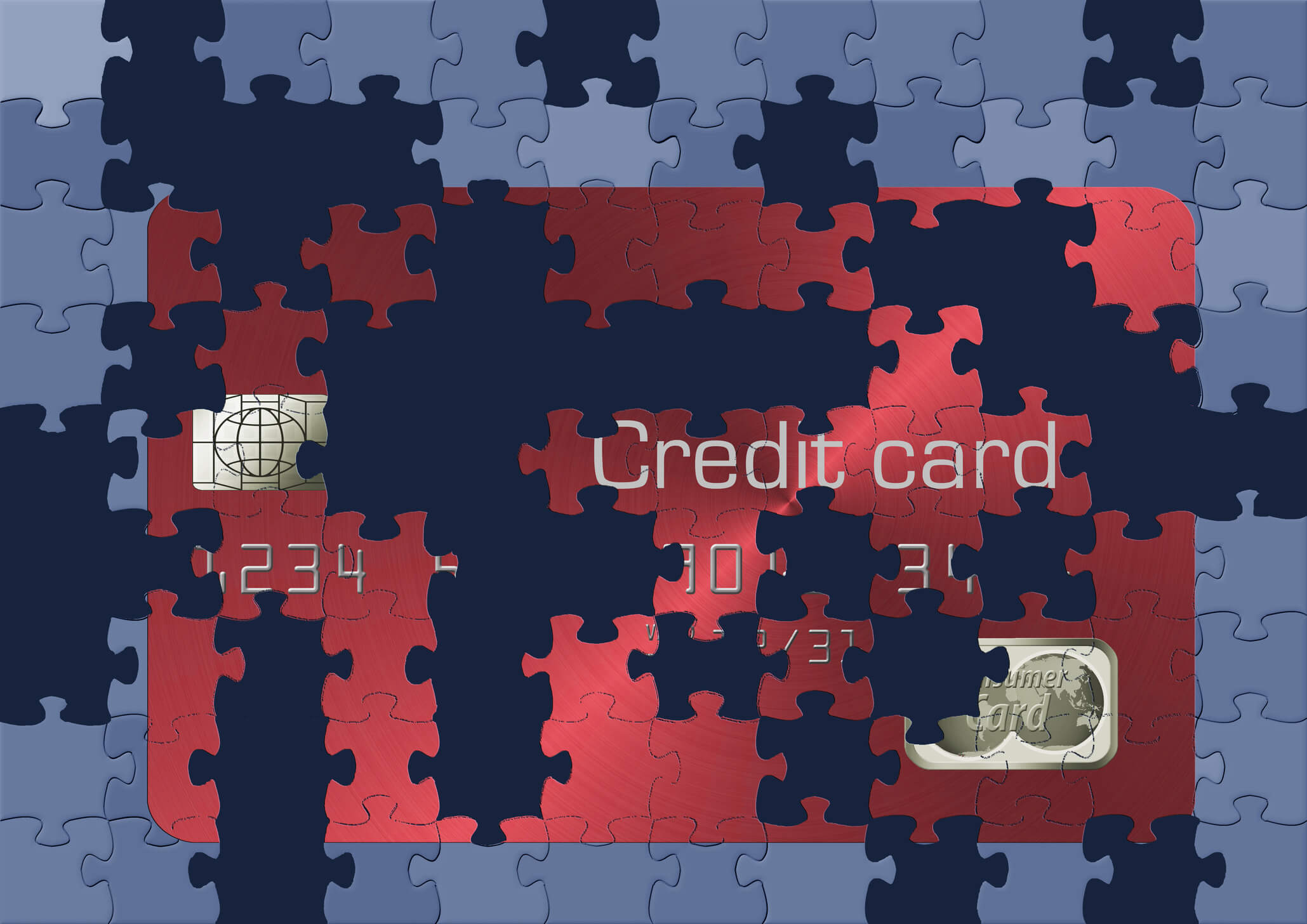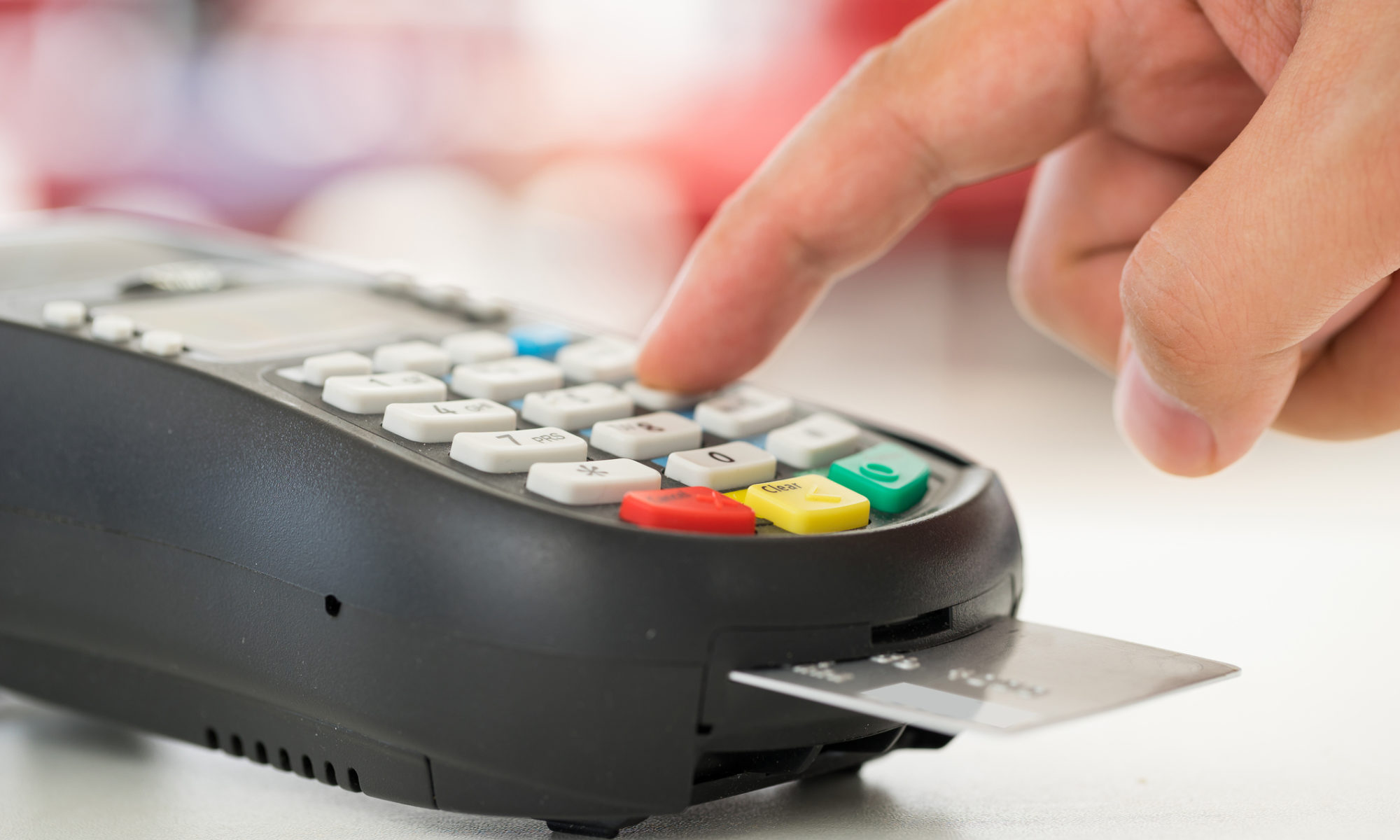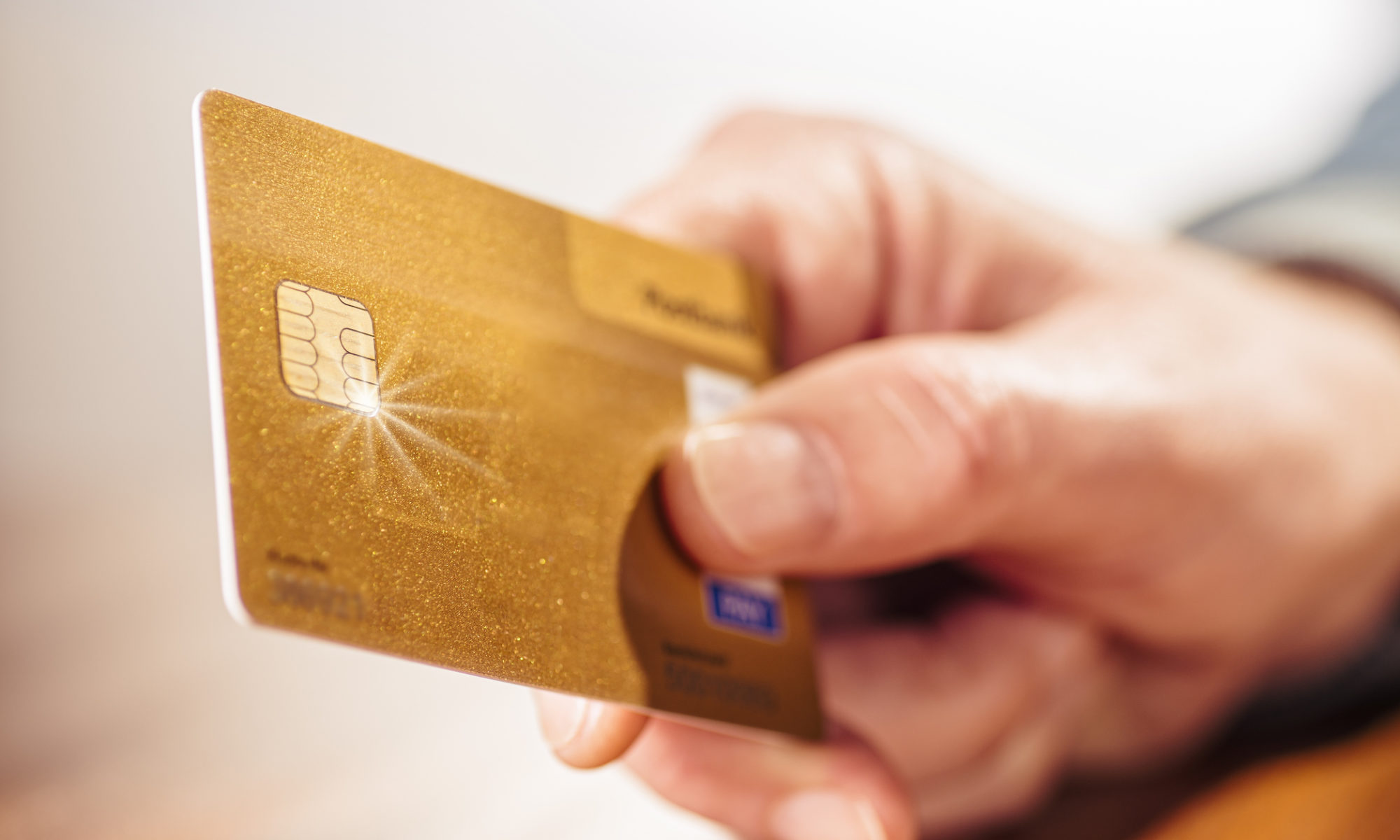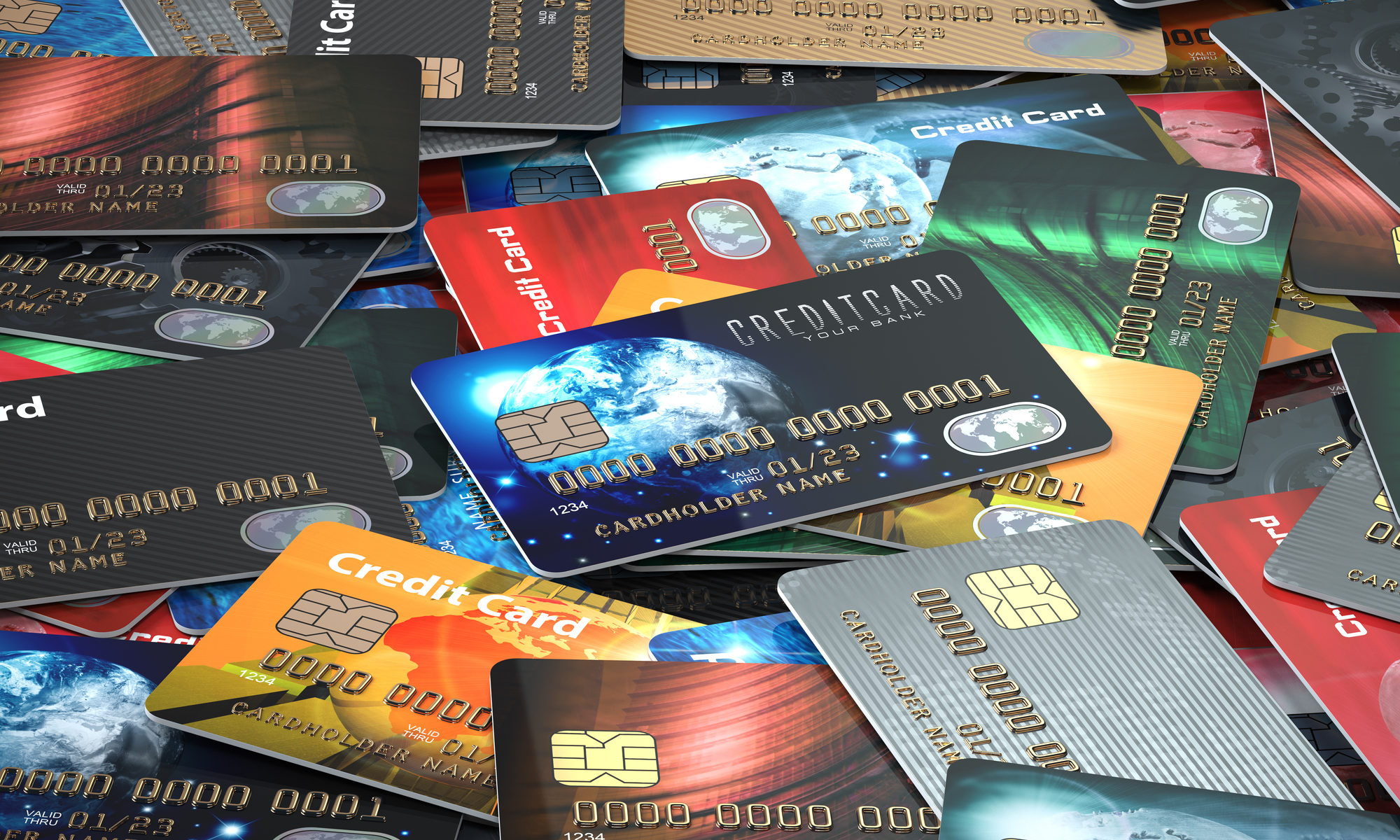You have to find a way to accept customers’ electronic payments today. Whether you run a brick and mortar business or one online, to become profitable, you’ll need to deal with electronic payments like credit and debit cards and e-checks. While the number of payment processors wasn’t an obstacle just a few decades ago, for companies looking for the right processor today, the choice can be nothing short of overwhelming.
Who are the best payment processors and what are the differences between payment processing solutions out there? This guide might help you sort things out and find a processor that works for your company.
What to Look For
The first trick to landing the right payment processor is to watch for the signposts of a good processor as you read about each company. Good payment processors:
- Are upfront about their fees – Fees vary from company to company. Make certain you find a company that is willing to discuss those fees and not hide them from you. Understand what the cancellation, withdrawal, and batch processing fees might be. Good payment processors will offer you a full schedule of fees before you ever sign up.
- Offer fast access to funds – If your processor constantly needs to investigate suspicious activity, you could be without a paycheck for weeks. Find a company that, even in potential fraud cases, have a simple process that means access to your cash as fast as possible.
- Care about data security and fraud protection – Protecting your customers’ data is a must, and it shouldn’t fall on your shoulders. After all, that can be an expensive process that may suck time away from your company. Choose a payment processor that offers secure, reliability with anti-fraud technology built right into the services. Make certain they reduce your PCI compliance workload so you don’t have to have an additional, costly system.
- Have dedicated set-up support and assistance – You need help. It’s the bottom line in accepting electronic payments today. Ensure you have a processor dedicated to customer service so you get the assistance you need when you need it the most.
Are There Really Differences between Payment Processing Solutions?
The answer to that question is a solid “yes.” A Nilson study found there are 14.4 billion credit cards in the world as a whole, and with numbers like those, the industry will only continue to grow. Make certain you find a processor you can partner with to better run your business.
Contact Y2Payments today to learn more about our Payment Processing solution and our Conduit 3.0.











